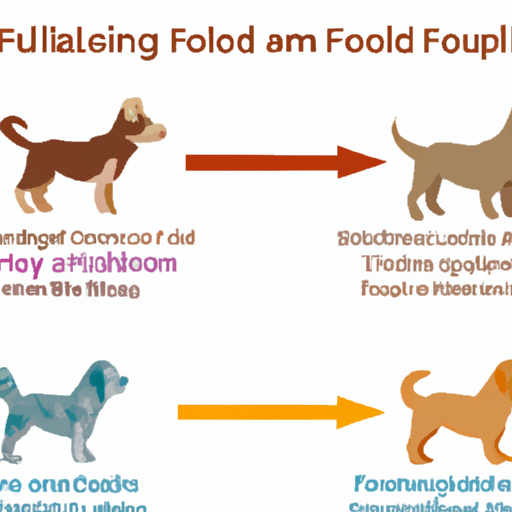Introduction
As a caregiver, one of the critical aspects of your puppy’s health care is their diet. You have to ensure they get the right nutrients to grow and develop optimally. But how long should they be on puppy food? Let’s delve into the details.
The Importance of Puppy Food
Puppy food is specially designed to cater to a growing dog’s nutritional needs. It’s packed with higher levels of proteins, fats, and certain vitamins and minerals that puppies need for their rapid growth and development.
- Protein: For bone and muscle development.
- Fats: For energy and brain development.
- Vitamins and minerals: For overall health and immunity.
Transitioning to Adult Dog Food
Once your puppy reaches a certain age, it’s time to switch them to adult dog food. This transition should be gradual, over a period of about one week, to avoid digestive upsets.
The age at which your puppy should transition is largely dependent on their breed and size:
| Breed Size | Transition Age |
|---|---|
| Small breeds | 9 to 12 months |
| Medium breeds | 12 to 14 months |
| Large breeds | 18 to 24 months |
Factors Influencing the Transition
Several factors may influence when you should switch your puppy to adult food:
- Growth rate: Puppies that are still growing rapidly may benefit from staying on puppy food longer.
- Activity level: Highly active puppies may need the extra calories and nutrients in puppy food.
- Health concerns: Certain health issues may necessitate a diet change earlier or later than the average.
When to Consult a Veterinarian
If you’re unsure when to switch your puppy to adult food, consult with your vet. They can assess your puppy’s growth, development, and overall health to provide personalized diet recommendations.
FAQ
Q: Can I keep my puppy on puppy food for longer than recommended?
A: While it’s not harmful per se, it can lead to weight gain as puppy food is high in calories.
Q: Can I transition my puppy to adult food earlier if they’re a picky eater?
A: It’s best to consult with your vet. They may suggest a specific brand or type of adult food that’s suitable for puppies.
Q: What if my puppy experiences digestive issues during the transition?
A: If your puppy experiences digestive issues, it’s best to consult with your vet. They may recommend slowing down the transition or trying a different brand of adult dog food.
Remember, as a caregiver, your goal is to ensure your puppy grows into a healthy, happy dog. Paying attention to their diet in these formative years can set the foundation for a lifetime of good health.



